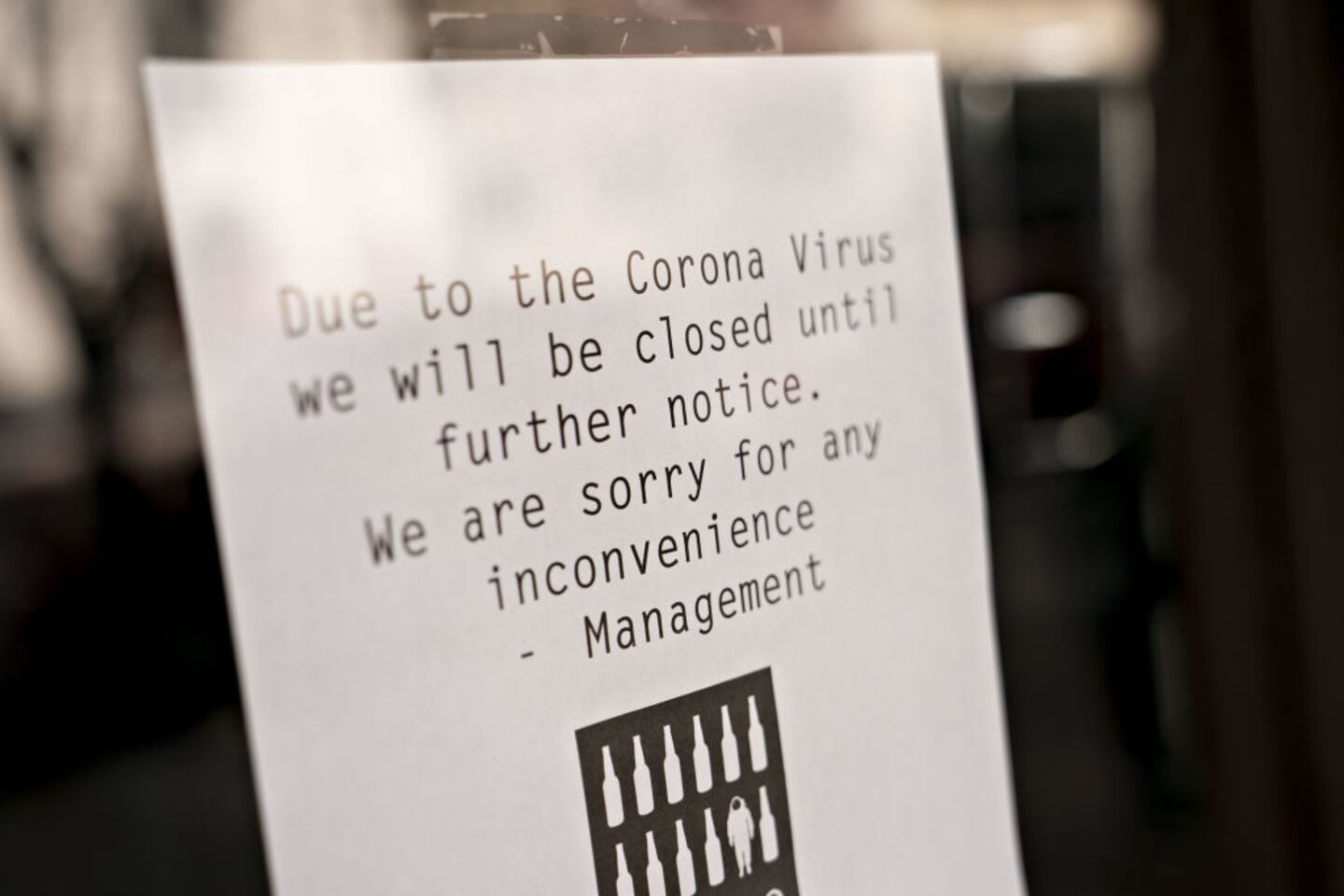Beginning Friday, small businesses struggling to stay afloat as the COVID-19 virus continues to spread across the United States can apply for the nearly $350 billion in loans set up through the CARES Act passed by Congress last month.
Four programs are now in place to help small businesses to stay in business until the public health crisis triggered by COVID-19 abates. The programs came from the CARES Act which was signed into law by President Donald Trump on March 27.
The programs, the Small Business Administration pointed out in a sample form, are much easier to apply for than typical loans.
Many businesses across the U.S. – those with fewer than 500 employees – are eligible for the programs. And it is not just what one may consider traditional small businesses. Freelancers, nonprofits and proprietorships are also able to get help.
In addition to funding programs the SBA normally runs, the CARES Act established four new temporary programs to address businesses affected by the COVID-19 outbreak.
Here, from the SBA website, is the information on the CARES Act programs:
1. Paycheck Protection Program
SBA will forgive loans taken by small businesses “if all employees are kept on the payroll for eight weeks and the money is used for payroll, rent, mortgage interest, or utilities.”
How do you get it:
You can apply through any existing SBA 7(a) lender or through any federally insured depository institution, federally insured credit union and Farm Credit System institution that is participating. Other regulated lenders will be available to make these loans once they are approved and enrolled in the program. You should consult with your local lender as to whether it is participating in the program.
The Paycheck Protection Program will be available through June 30, 2020.
Click here to learn more about the program.
2. EIDL Loan Advance
This loan advance will provide up to $10,000 of economic relief to businesses that are currently experiencing temporary difficulties. “This advance will provide economic relief to businesses that are currently experiencing a temporary loss of revenue. Funds will be made available following a successful application. This loan advance will not have to be repaid.”
How do you get it?
This program is for any small business with fewer than 500 employees (including sole proprietorships, independent contractors and self-employed persons), private nonprofit organizations or 501(c)(19) veterans organizations affected by COVID-19.
Businesses in certain industries that may have more than 500 employees are eligible for the loan if they meet the SBA’s size standards for those industries. The Economic Injury Disaster Loan advance funds will be made available within days of a successful application, and this loan advance will not have to be repaid.
Click here to learn more about the program.
3. SBA Express Bridge Loans
Enables small businesses that currently have a business relationship with an SBA Express Lender to access up to $25,000 quickly.
“These loans can provide vital economic support to small businesses to help overcome the temporary loss of revenue they are experiencing and can be a term loan or used to bridge the gap while applying for a direct SBA Economic Injury Disaster Loan. If a small business has an urgent need for cash while waiting for decision and disbursement on an Economic Injury Disaster Loan, they may qualify for an SBA Express Disaster Bridge Loan,” the SBA website says.
Click here to learn more about this program.
4. SBA debt relief
The SBA is providing a financial reprieve to small businesses during the COVID-19 pandemic.
As part of SBA's debt relief efforts:
- The SBA will automatically pay the principal, interest and fees of current 7(a) loans for a period of six months.
- The SBA will also automatically pay the principal, interest and fees of new 7(a) loans issued prior to Sept. 27, 2020.
Additional debt relief
For current SBA Serviced Disaster (Home and Business) Loans: If your disaster loan was in “regular servicing” status on March 1, 2020, the SBA is providing automatic deferments through Dec. 31, 2020.
What does an “automatic deferral” mean to borrowers? The SBA says:
- Interest will continue to accrue on the loan.
- Monthly payment notices will continue to be mailed out which will reflect the loan is deferred and no payment is due.
- The deferment will NOT cancel any established Preauthorized Debit (PAD) or recurring payments on your loan.
- Borrowers preferring to continue making regular payments during the deferment period may continue remitting payments during the deferment period. SBA will apply those payments normally as if there was no deferment.
- After this automatic deferment period, borrowers will be required to resume making regular principal and interest payments. Borrowers that canceled recurring payments will need to reestablish the recurring payment.
Click here to learn more about the program.
>> Coronavirus checklist: 100-plus disinfectants that may kill coronavirus on surfaces
>> Coronavirus symptoms: What you need to know
>> Coronavirus: Know the facts directly from the CDC
>> Coronavirus: Can the government make you stay home if you are sick?






